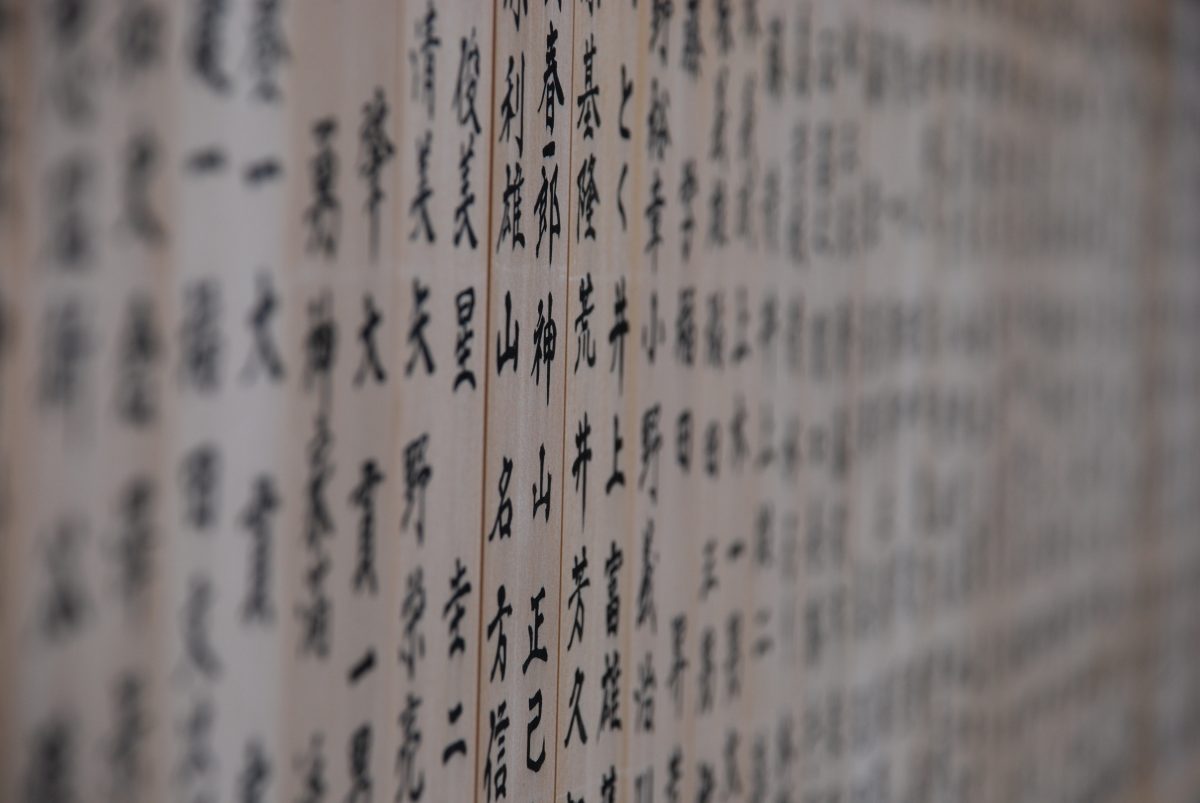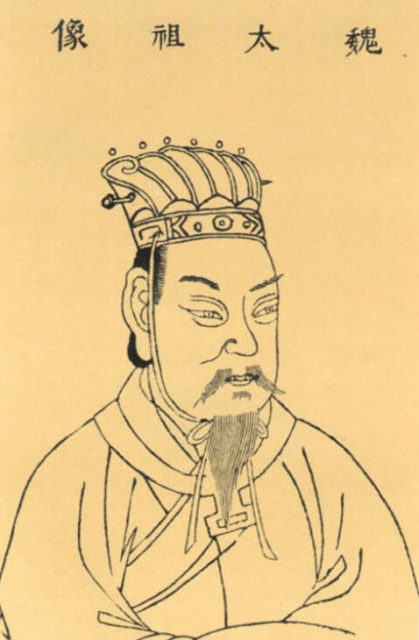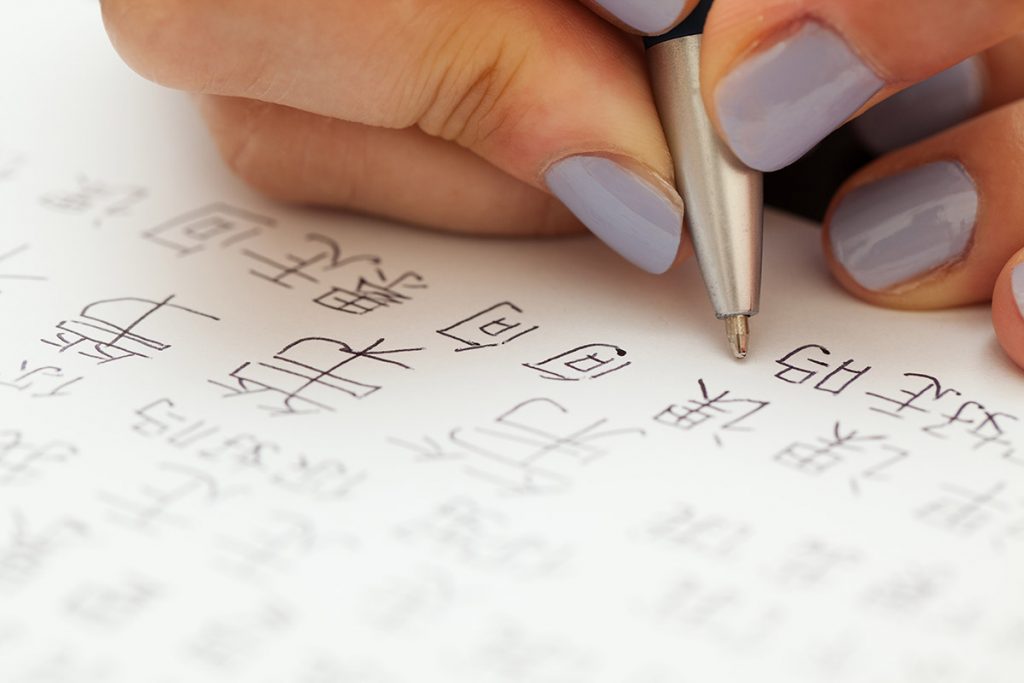
5 Chinese Idioms That Will Help You Sound More Fluent
One of the things I love about the Chinese language is how expressive it is. I enjoy learning chéngyǔ (成語 – idioms, usually consisting of 4 characters) because they offer a fascinating glimpse into Chinese culture and history. Getting to grips with idiomatic expressions in a new language can be very difficult, but it will make you sound more sophisticated and help you on the path to fluency.
Here are 5 Chinese idioms you can use in conversation to impress your Chinese friends.
Hating iron for not becoming steel
恨铁不成钢 – Hèn tiě bù chéng gāng
Definition
- Lit. to hate iron for not becoming steel
- Fig. to feel resentful towards somebody for failing to meet expectations and impatient to see improvements
I come across this one very often when reading. To me, the implication is that the expectation is futile since it would require the person to change their very nature.
Vocab
|
Hanzi |
Pinyin |
Definition |
|
恨 |
hèn |
VERB: to hate; to regret |
|
铁 |
tiě |
NOUN: iron (Fe); arms, weapon |
|
不 |
bù |
ADVERB: negative prefix; not no |
|
成 |
chéng |
VERB: become; turn into |
|
钢 |
gāng |
NOUN: steel |
Painting feet onto a snake
画蛇添足 – Huà shé tiān zú
Definition
- Lit. to draw a snake and add feet
- Fig. to ruin the effect by adding something superfluous; to overdo it
This is a very popular chéngyǔ. It reminds me of Coco Chanel’s fashion advice: “Before you leave the house, look in the mirror and take at least one thing off”. Sometimes simpler is better. You can find out more about the story behind this idiom in this cute video by Learn Chinese Now.
Vocab
|
Hanzi |
Pinyin |
Definition |
|
画 |
huà |
VERB: draw; paint |
|
蛇 |
shé |
NOUN: snake; serpent |
|
添 |
tiān |
VERB: add; increase |
|
足 |
zú |
NOUN: foot; leg |
Speak of the devil, and he shall appear
说曹操曹操到 – Shuō Cáo Cāo, Cáo Cāo dào
Definition
- Lit. speak of Cao Cao and Cao Cao arrives
- Fig. speak of the devil and he shall appear
This idiom appeared in this article as an example of why the HSK 6 exam is ‘too difficult’. Actually, this is one of the first chengyu I learned and it’s pretty commonly used. According to the internet (seems legit) the saying has its origins in The Romance of the Three Kingdoms ( 三国演义). The story goes that the emperor of the Han dynasty, Hàn Xiàndì (汉献帝) was attacked by 李傕 (Lǐ jué) Li Jue and 郭汜(Guō Sì). So, Hàn Xiàndì decided to send a message to Cáo Cāo (曹操) for help. But before he could even dispatch the message, Cáo Cāo had already arrived to save the day.

A Ming Dynasty portrait of Cao Cao. He does look like the punctual type.
Vocab
|
Hanzi |
Pinyin |
Definition |
|
说 |
shuō |
VERB: speak; talk; say |
|
曹操 |
Cáo Cāo |
PROPER NOUN: Penultimate Chancellor of the Eastern Han dynasty |
|
到 |
dào |
VERB: arrive; reach |
The mantis stalks the cicada, unaware of the oriole behind
螳螂捕蝉黄雀在后 – Tángláng bǔ chán, huángquè zài hòu
Definition
- Lit. the mantis stalks the cicada, unaware of the oriole behind
- Fig. to pursue a narrow gain while neglecting a greater danger
This one made no sense to me for a long time because I didn’t know what an oriole was! In my mind it was some sort of monster insect bigger than a mantis.
Turns out it’s a bird.
Don’t laugh.

Vocab
|
Hanzi |
Pinyin |
Definition |
|
螳螂 |
tángláng |
NOUN: mantis |
|
捕 |
bǔ |
VERB: to catch; to seize; to capture |
|
蝉 |
chán |
NOUN: cicada |
|
黄雀 |
huángquè |
NOUN: siskin (bird species of China) |
|
在后 |
zàihòu |
behind |
Gilding the lily
锦上添花 – jǐn shàng tiān huā
Definition
- Lit. on brocade, add flowers
- Fig. to decorate sth already perfect; gilding the lily
This idiom seems quite similar to 画蛇添足 at first glance, but in this case the addition of something superfluous has a more positive effect – making something good even better, rather than ruining the effect.
Vocab
|
Hanzi |
Pinyin |
Definition |
|
锦 |
jǐn |
NOUN: brocade |
|
上 |
shàng |
NOUN: on |
|
添 |
tiān |
VERB: add; increase |
|
花 |
huā |
NOUN: flower |
Which Chinese idioms have you learned?





